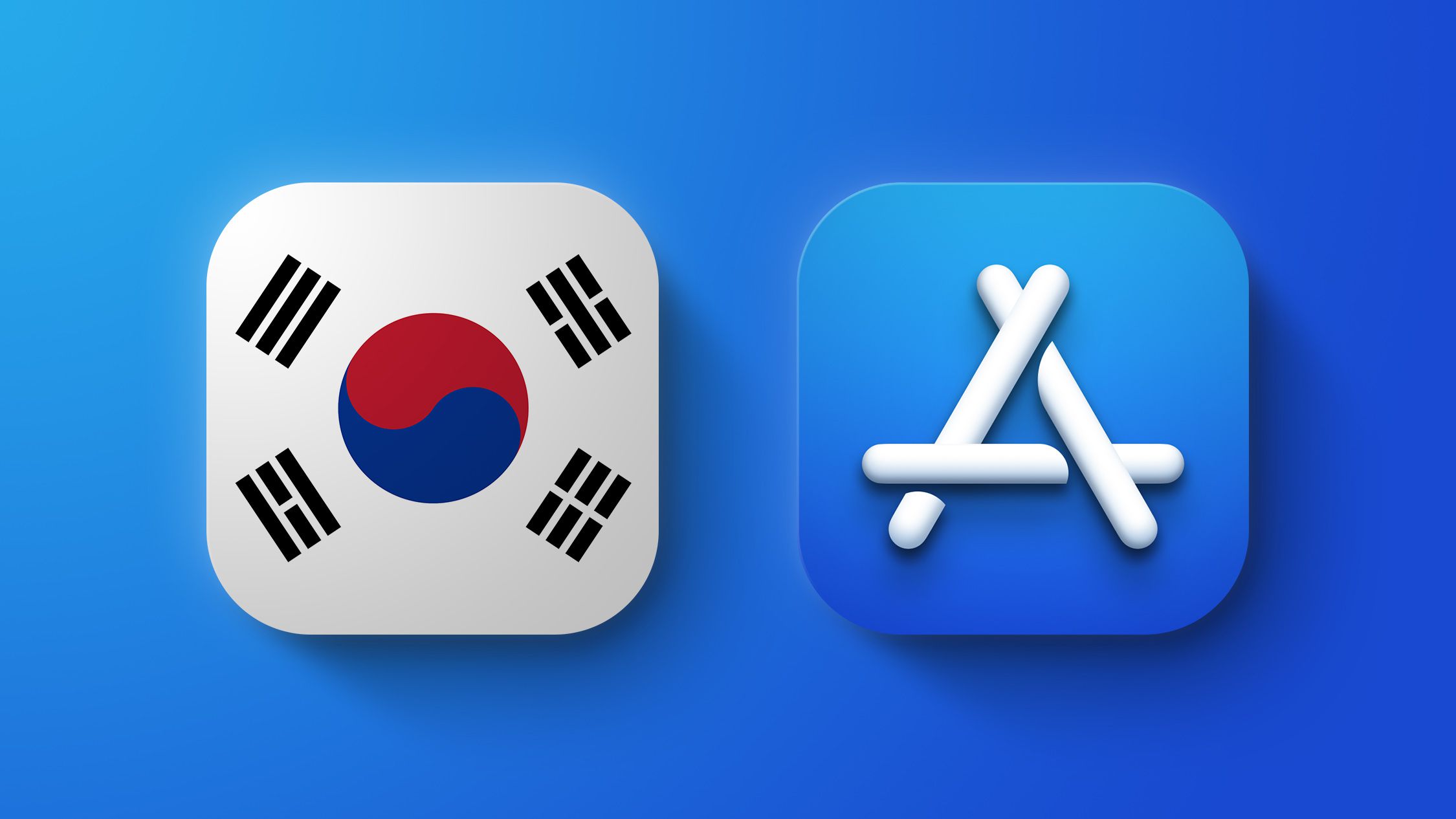There’s one point within that ruling for the App Store that has stood for 13 years. And it doesn’t even mean Apple won’t get paid for its IP.
As it seams it stood unnoticeable illegally in California. Of course it does not mean that Apple is not entitled to get paid for its IP. That wing is and always was absurd … a diversion of the actual point. But as per ruling not at expense of the user in app choosing to deal directly with the digital service provider given the option.
Apart from appeals et al … the question now is what will be Apple licensing and host and distribution approach to digital services that choose to to give their customers such option in app.
In my opinion its to Apple advantage not to rush through emotions. Why?
1. Can still enforce App Store payments as mandatory in app, even though digital services provide links to alternate sales channels.
2. These alternative sales channels in-app better work hard if not also in price to actually convince users to opt out the mandatory App Store payment. As a customer there is still sIgnificant advantages in using App Store payments:
- Consolidated billing
- Consolidate purchases and management
- Easy to cancel
- Easy and problem free App updates
- Family Share
I doupt differences in prices of 1 euro in 10 will be that convincing to customers, 2 or 3 euros monthly maybe. Especially when it comes to minor digital services. The larger s one such as Office 365, Netflix, Spotify …., well those people are already used to pay them directely anyway so it just a bit more convenient now.
Rushing into stupidly high royalties fees if any, just to not require users direct action to open a web browser to access their digital service accounts and pay, and instead simply click in app opening the same page, may actually help Epic in further cases.
Why is Epic appealing? App Store keeps on being the entry point to install and update apps, Internet end-points if you will, on users devices. Apple still fully controls which apps and what content will or not ever and how be in users devices flowing from the Internet. Case in case a Net Neutral platform transformed into a non neutral one through the device and its OS. This was not addressed by the court in any shape or form. In other words, Apple and Google devices and OS can keep being non Net Neutral on top of Net Neutral Internet while having 48% of earths population using their mobile platform to access the Internet. I suppose in California, Apple alone may be even way higher. But the company, Epic have been failing to articulate this stance and instead talked about Apple‘s huge profit margins and market share as anti-competitive to the point the Judge needed to say … Success is not Illegal.


